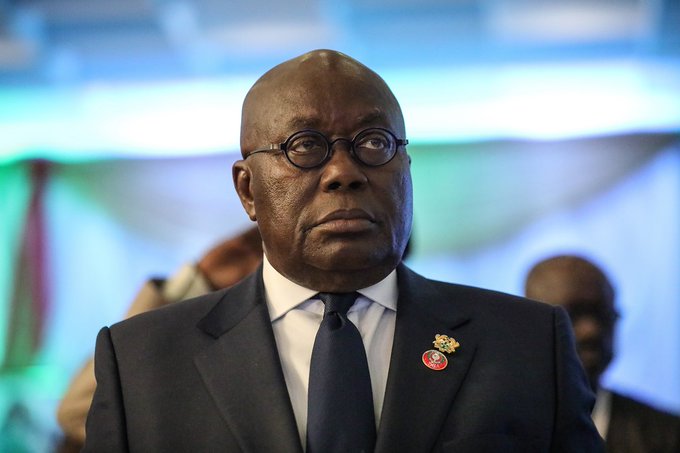News
COVID-19: Ghana becomes first country to receive COVAX-backed vaccine

Ghana has become the first country to receive COVID-19 vaccines through the United Nations backed COVAX initiative to developing countries.
The country received 600,000 doses of the AstraZeneca-Oxford vaccine produced by the Serum Institute of India in Accra.
This information as disclosed by the World Health Organisation (WHO) and the United Nations International Children’s Emergency Fund (UNICEF).
The UN developed the COVAX initiative 8 months ago to pool funds from wealthier countries and non-profit organisations to develop a COVID-19 vaccine and distribute it to the vulnerable countries that cannot compete with developed countries to acquire the vaccines.
“This is a momentous occasion, as the arrival of the COVID-19 vaccines into Ghana is critical in bringing the pandemic to an end,” Anne-Claire Dufay of UNICEF Ghana, and WHO country representative, Francis Kasolo, said in the statement.
“These 600,000 COVAX vaccines are part of an initial tranche of deliveries … which represent part of the first wave of COVID vaccines headed to several low and middle-income countries.”
The shots will be used to kick-start a vaccination drive that will prioritise front-line healthcare workers and others at high-risk, according to a plan presented by Ghanaian health officials on Friday.
“The shipments represent the beginning of what should be the largest vaccine procurement and supply operation in history,” the statement added.
So far, Ghana has recorded 80,759 coronavirus cases and 582 deaths since the start of the pandemic.
The Oxford/AstraZeneca COVID-19 vaccine has also been approved for use by the National Agency for Food and Drug Administration and Control (NAFDAC) in Nigeria.
The Director-General of NAFDAC, Dr. Mojisola Adeyeye made the announcement during a live briefing on last week Thursday.
Nigeria is expecting 16 million doses of Astrazeneca Oxford COVID-19 vaccine as disclosed by the Executive Director of National Primary Health Care Development Agency (NPHCDA), Dr Faisal Shuaib.
Shuaib disclosed this at a Joint Press Conference with the World Health Organisation(WHO) in Abuja in the first week of February.






